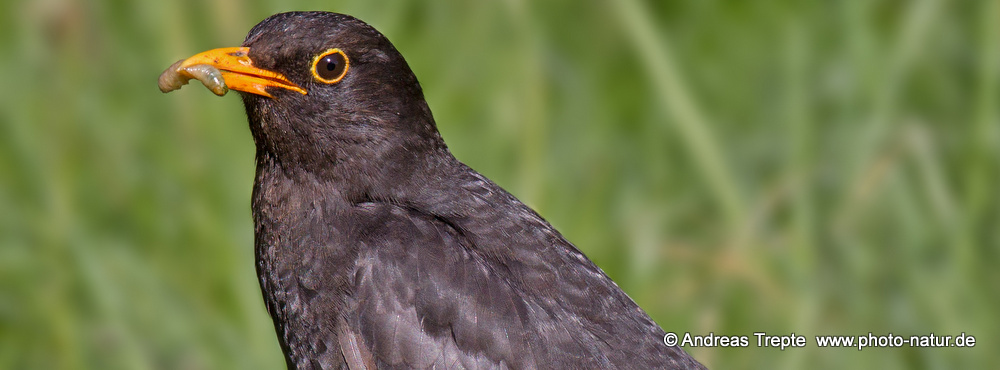(photo credit: Andreas Trepte (www.photo-natur.de)
It’s often said that you never miss something until it’s gone. Living as we do outside this country for most of each year, we’re in something of a unique position to comment on that. Each time we return we notice change in a way that we might never have done living in the UK full-time.
A classic example of this is the alarming decline of songbird populations in the UK. As a child growing up in the sixties and living in then rural areas I had the privilege of seeing and hearing these most enjoyable of birds on a daily basis. Moving back and forth between Devon and Suffolk added spice to that, as both counties had their own spectrum of species, from the hedgerow birds of Devon to the arable land birds of East Anglia.
As the proverbial feral child, I spent as much time as I could out in the countryside, and at every opportunity camped out to absorb the sights and sounds. I soon became acquainted with the dawn chorus, the magical time as the wild world wakes and celebrates the coming of the new day. I thought nothing of getting up early just to soak it in – the most evocative of sounds at the loveliest time of day.
But I’m not sure I’ll bother much anymore, at least in the UK. We recently spent two weeks in a very rural part of Cornwall, house sitting a smallholding for friends, and on two occasions I got up before first light to sit outside and listen to the dawn chorus, to be greeted by – nothing. Some weeks later in rural west Sussex, out in the country, it’s just the same. Where we should be hearing the avian orchestra warming up to greet the day – nothing.
Now I knew that UK birds in general (including songbirds and farmland birds) had been having a hard time, and that numbers were down in their millions from my childhood days, but it seems to me that the decline is accelerating, if my recent (far from scientific) experience is anything to go by. There is a considerable body of research-based evidence to support that view, although there remains a gulf of disagreement over the most critical, fundamental question – why?
The RSPB insist that the causes are mostly related to intensive agriculture. Increased use of pesticides and farming practices such as the move from spring to autumn planting of cereals have reduced the availability of insect prey and seeds that support songbird populations. The grubbing out of hedgerows has also had a serious effect, by removing nesting and roosting sites, and whilst suburban gardens offer some respite, they tend to lack the kind of dense vegetation that offers the most secure nest sites.
Other conservation groups such as Songbird Survival believe that increasing numbers of predators such as cats, magpies, raptors and badgers have a significant effect. The RSPB dispute this, citing one study that shows no greater level of decline in areas where magpies are numerous than where their numbers are low. Another highly respected charity, the British Trust for Ornithology cites a larger study that supports this argument, over a wide range of known predators. But in my experience country people are still certain that predation is a far more significant problem than has hitherto been identified.
Positive steps are being taken to try and stem (if not reverse) the decline in songbird populations. Farmers are responding positively to agri-environment schemes that link subsidies (estimated at around £500 million a year) to adopting bird-friendly farming practices. And as a nation of bird lovers we’re voting with our feet and our wallets to assist our favourite birds – over half of UK households put out food for wild birds, spending over £200 million a year doing so. It’s truly alarming to consider what the current position might be if we hadn’t adopted these costly, practical measures – how much worse would it be?
But still the downward slide continues, despite well-meaning plans such as the Government commitment to reverse the decline in farmland birds by 2020, and it’s becoming harder by the day to imagine just what it will eventually take to achieve that goal. Clearly more needs to be done if we are to reverse the decline, let alone return to where we were in the 1960’s, and I’d argue that whilst this should be based (as always) on science and fact, the sooner we realize that far greater and more ambitious measures are going to be required the better. Meanwhile, the dawn chorus becomes quieter and quieter, slowly fading from memory.
Author: Colin

CommonBlackbird – Credit: Andreas Trepte www.photo-natur.de
